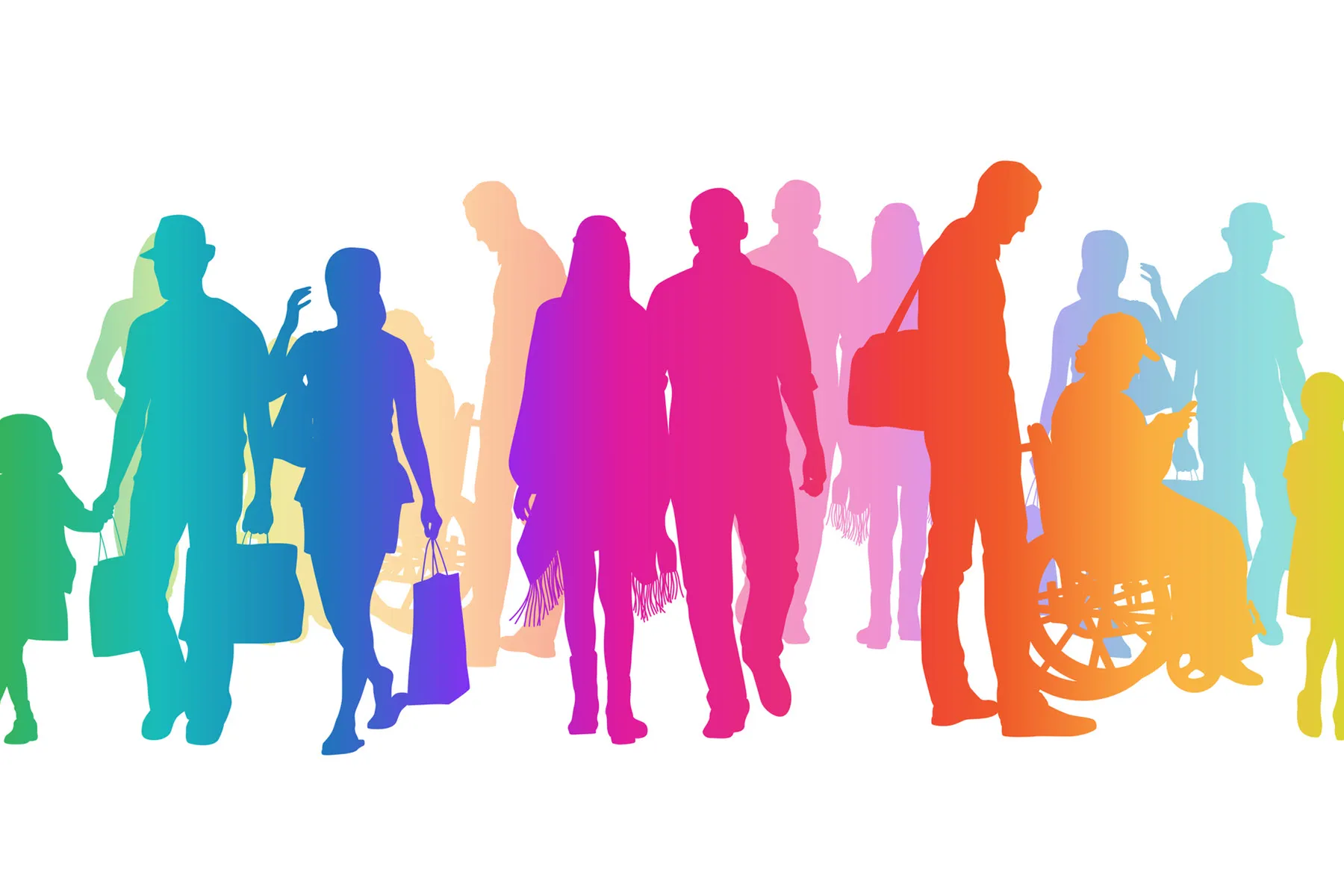Poll Reveals Who's Most Vaccine-Hesitant in America and Why
HealthDay Reporter
THURSDAY, April 29, 2021 (HealthDay News) — U.S. resistance to getting a COVID-19 vaccine is slowly diminishing, a new online survey finds, but it still exists and at especially rates in some blue-collar jobs.
For adults under age 65 who are hesitant, reluctance is mainly driven by concerns about safety, side effects and distrust in government, the poll found. It’s also largely linked to people’s line of work.
The bottom line: “Vaccine hesitancy is emerging as a key barrier to ending the COVID-19 pandemic,” said lead author Wendy King, associate professor of epidemiology in the University of Pittsburgh Graduate School of Public Health.
Identifying occupations with a high rate of vaccine hesitancy and understanding the reasons for it might help public health workers address concerns, she said.
“Our study indicates that messaging about COVID-19 vaccine safety and addressing trust are paramount,” King said in a university news release.
King and researchers from the Delphi Group at nearby Carnegie Mellon University analyzed results from its ongoing COVID-19 survey in collaboration with the Facebook Data for Good group. About 1.2 million U.S. residents in Facebook’s active user database complete the survey each month.
Continued
In January, the survey added a question about willingness to receive the vaccine.
This study was limited to working-age adults, because workplace outbreaks and spread of infection from workers to customers are public health threats. Many working-age adults also are more hesitant about getting a shot than older Americans.
While resistance persists, there was some encouraging news: Vaccine hesitancy fell from 27.5% in January to 22% in March, according to the survey.
The March survey included 732,308 people (median age: 35 to 44, meaning half were older, half younger). About 45% were male, 77% had some college education and 64% were white.
Nearly 48% of those who reported vaccine hesitancy expressed concern about side effects. More than one-third didn’t think they needed the shot, didn’t trust the government, were waiting to see if the vaccine was safe or didn’t trust COVID-19 vaccines specifically. And 14.5% said they didn’t like vaccines in general.
Continued
Workers in some occupations were more reluctant than others to take the jab. Hesitancy ranged from 9.6% among educators and people in life, physical or social sciences to a high of 46% among workers in construction, oil and gas extraction and mining. Hesitancy was nearly as high among workers in installation, maintenance, repair, farming, fishing or forestry.
Continued
In health care fields, pharmacists were the least hesitant at 8.5%. The highest hesitancy, 20.5%, was among medical assistants, emergency medical technicians and home health, nursing, psychiatric or personal-care aides.
“The survey has grown to collect data on symptoms, illness, treatment, testing, behaviors like masking and distancing, and mental health,” said senior author Robin Mejia, from Carnegie Mellon’s Dietrich College of Humanities and Social Sciences. “And it’s continuing to evolve as new policy questions arise.”
The survey results were posted April 24 on the preprint server medRxiv and have not been peer-reviewed.
More information
The U.S. Centers for Disease Control and Prevention has more information on COVID-19 and vaccinations.
SOURCE: University of Pittsburgh, news release, April 28, 2021

